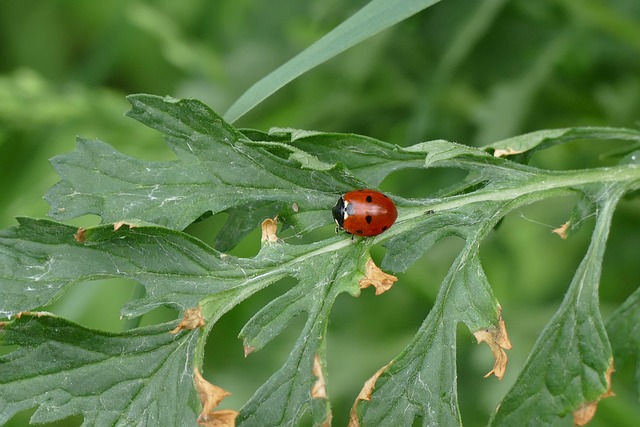
Growing your own vegetables is incredibly rewarding, nothing beats the taste of fresh-picked tomatoes or crunchy green beans from your backyard. But even the best-kept gardens face challenges. Whether you’re battling stubborn bugs, yellowing leaves, or poor yields, it’s all part of the journey.
The good news? Most vegetable garden problems and solutions are simpler than you think and many have natural or organic fixes that work without harming the environment.
Let’s dive into some common vegetable garden problems and how to fix them.
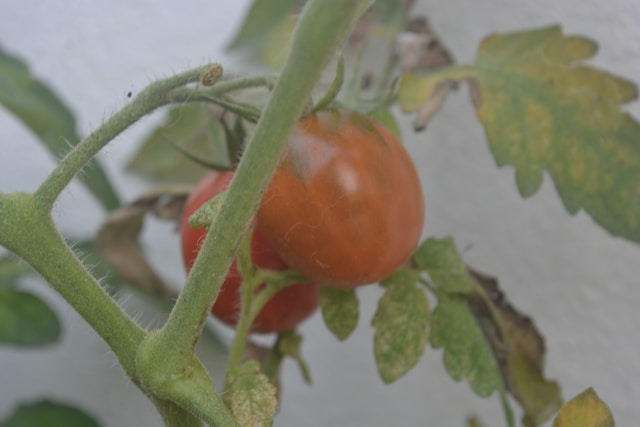
If your vegetable plants are looking pale, weak, or aren’t growing like they should, it could be a nutrient issue.
Possible causes:
- Nitrogen deficiency
- Poor soil drainage
- Overwatering or underwatering
Solution:
Use compost or well-aged manure to feed your soil naturally. Avoid synthetic fertilizers — instead, look for organic garden solutions like seaweed extract, fish emulsion, or compost tea. Also, check your watering habits and ensure your garden isn’t waterlogged.
🐌 Problem #2: Pests Eating Your Plants
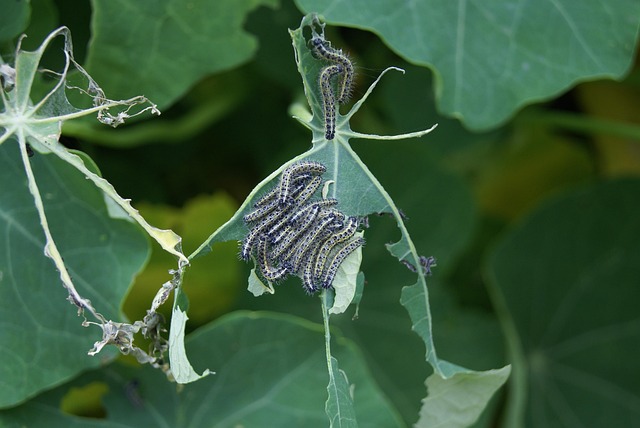
From aphids to caterpillars and slugs, pests can damage your vegetables quickly if left unchecked.
Natural fixes:
- Introduce beneficial insects like ladybugs and lacewings
- Use neem oil or insecticidal soap as a natural garden solution
- Sprinkle crushed eggshells or diatomaceous earth around vulnerable plants to deter soft-bodied pests
For larger intruders like squirrels or birds, mesh netting or garden cloches can protect your crops without using chemicals.
🍅 Problem #3: Poor Fruit or Vegetable Production
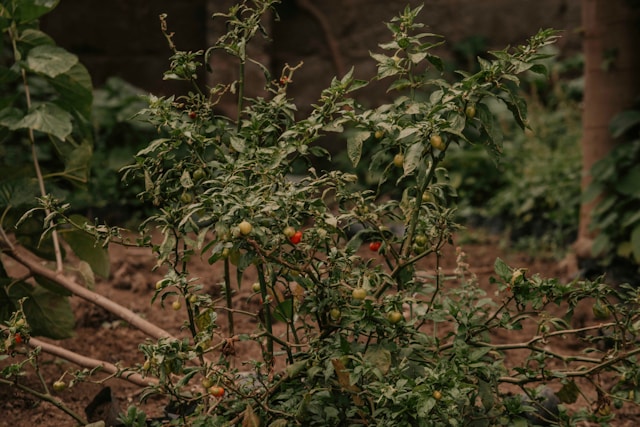
Are your tomato plants full of leaves but producing no tomatoes? Or maybe your cucumbers are curling and yellow?
Likely issues:
- Lack of pollination
- Inconsistent watering
- Nutrient imbalance
Solution:
Attract bees and butterflies with pollinator-friendly flowers like marigolds, nasturtiums, and lavender. Mulch around plants to regulate moisture and add compost to enrich the soil. Keep your garden buzzing — and your harvest will follow.
🌧️ Problem #4: Garden Drainage Woes
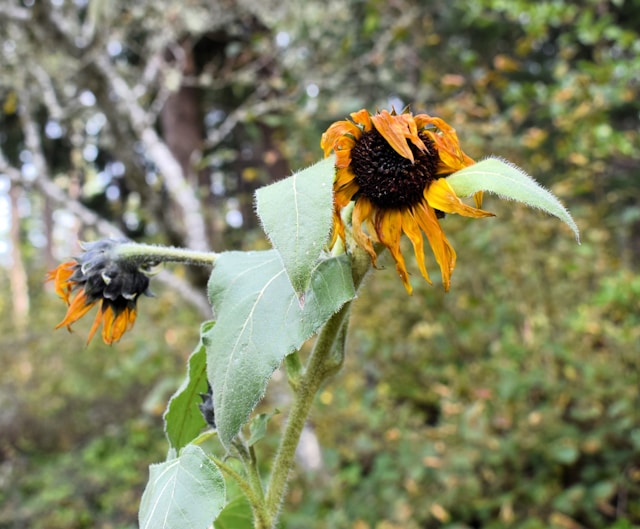
Waterlogged beds and soggy soil can lead to root rot and wilted plants. It’s one of the most overlooked vegetable garden problems, especially in early spring or during heavy rains.
How to fix garden drainage problems:
- Use raised beds or mound soil into rows
- Mix in compost, sand, or perlite to loosen clay-heavy soil
- Add a layer of gravel beneath your beds if the water pools at the bottom
Healthy roots need air as much as water. Don’t let your veggies drown.
Problem #5: Diseases Like Blight and Mildew
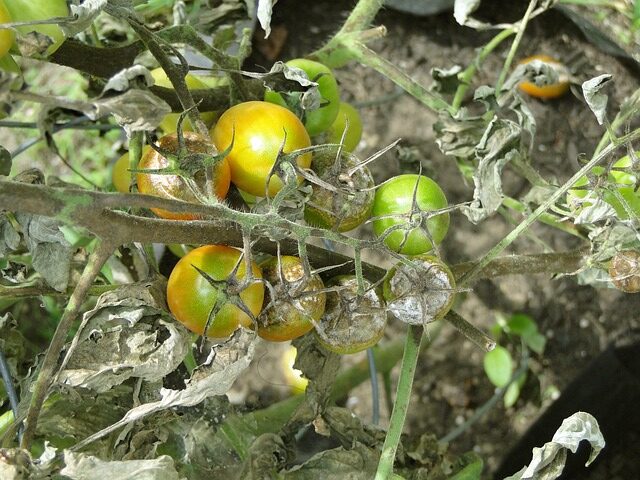
Diseases spread fast in vegetable gardens, especially in humid weather or crowded beds.
Organic prevention:
- Water at the base of the plant, not overhead
- Leave enough space between plants for airflow
- Rotate crops yearly to avoid recurring infections
- Remove and destroy infected plants quickly to prevent spread
For powdery mildew or early blight, a diluted baking soda spray can be a safe and effective remedy.
🥕 Problem #6: Misshapen or Stunted Vegetables
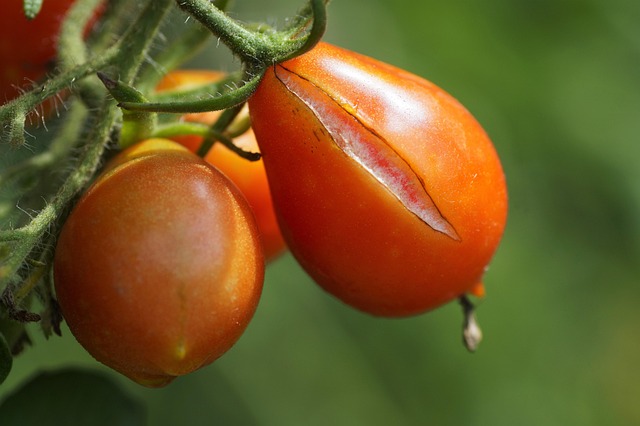
Carrots that split, tomatoes with cracks, or tiny bell peppers can all signal an issue.
Common causes:
- Inconsistent watering
- Compacted soil
- Temperature swings
Home garden solutions:
- Water regularly, especially during fruiting stages
- Loosen soil before planting root crops like carrots or radishes
- Use shade cloths in extreme heat to reduce plant stress
With a bit of observation, your veggies will start shaping up in no time.
Every plant in your garden has its own preferences — but most thrive when you focus on a few key things: sunlight, rich soil, proper spacing, and gentle care.
By paying attention to natural garden solutions, you can grow flavorful, healthy vegetables without relying on harsh chemicals. Trust your instincts, keep learning, and let nature guide you.
🌿 Bonus Tip: Want to garden organically and reduce waste? Start composting your kitchen scraps! It’s one of the easiest and most powerful home garden solutions you can try.
